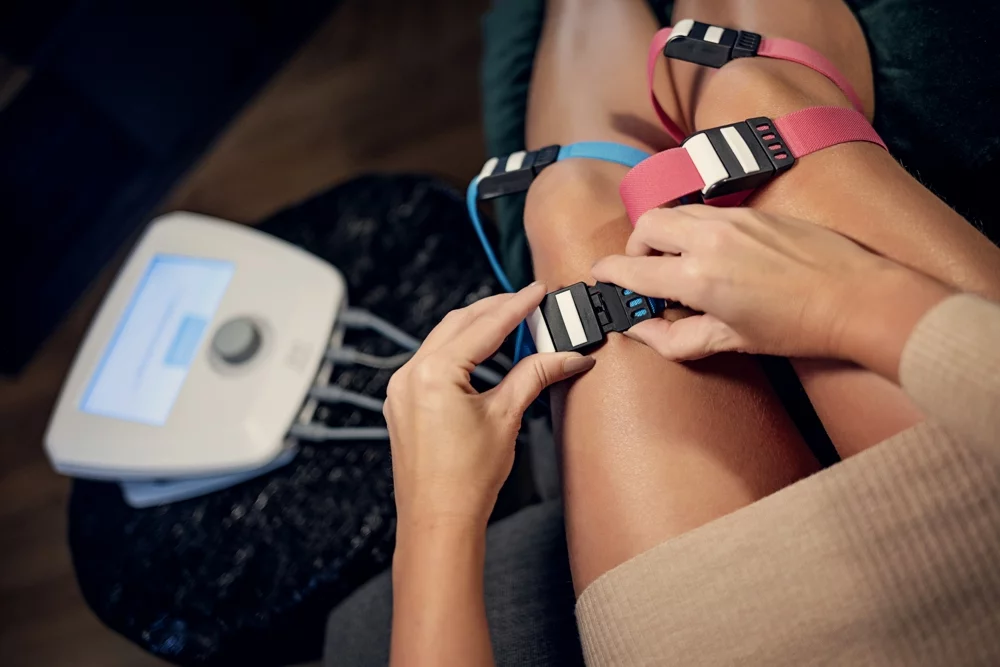“Patients experienced visible improvements not only in motor symptoms like resting tremor, but more importantly in their everyday comfort and well-being. The changes in quality-of-life questionnaires exceeded the threshold of clinical relevance. And most importantly—there were no severe side effects,” says Prof. MUDr. David Skoloudik, Ph.D., FESO, FEAN, principal investigator of the study and Vice Dean for Science and Research at the Faculty of Medicine, University of Ostrava.
The study included 12 Parkinson’s patients taking Levodopa, a medication that alleviates symptoms but tends to lose effectiveness over time, producing more side effects. The goal was to determine whether URIS® could serve as a meaningful complement to standard treatment.
Over six weeks, participants used the URIS® device for daily 30-minute stimulation of the peroneal nerve behind the knee, followed by six weeks without stimulation to observe if the positive effects would persist. The greatest benefits were reported in daily functioning: patients experienced less discomfort, improved ability to perform activities, and an overall increase in quality of life—especially due to a significant reduction in tremor. These improvements surpassed the clinically significant threshold, meaning they had a real, measurable impact on patients.

